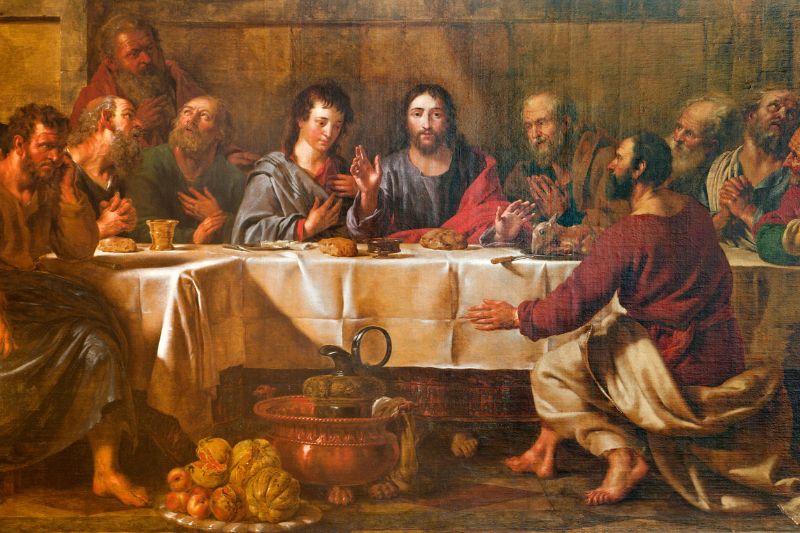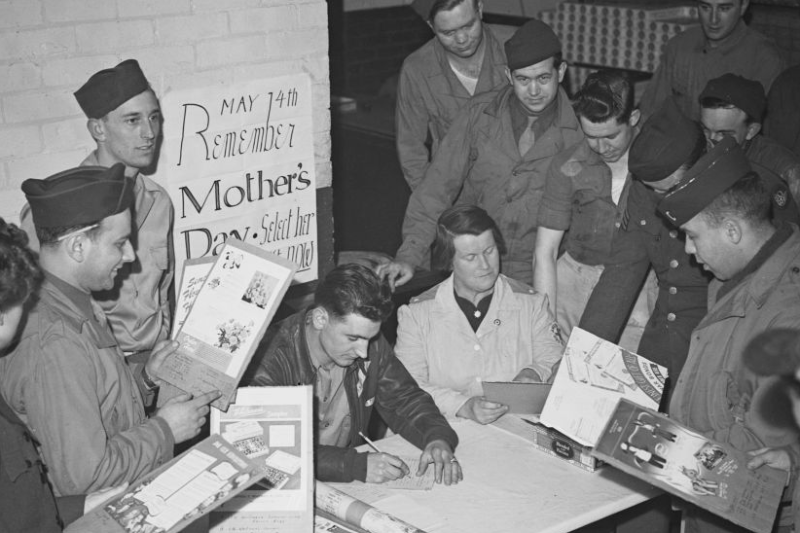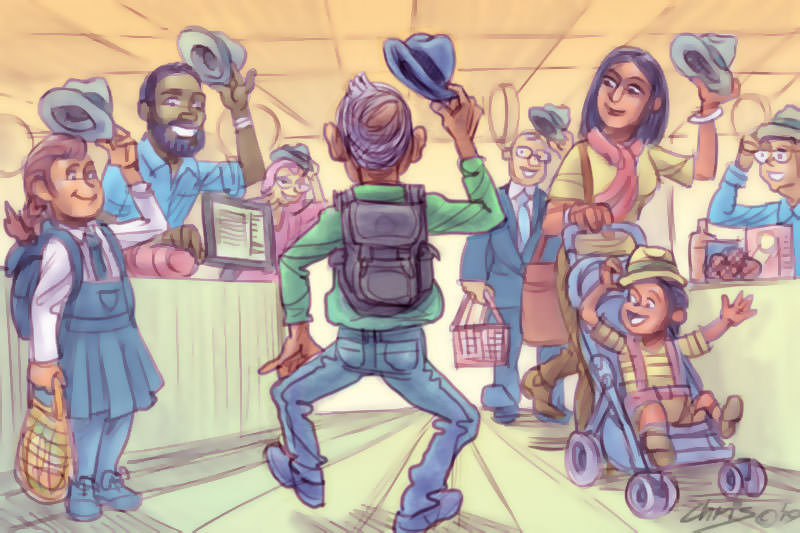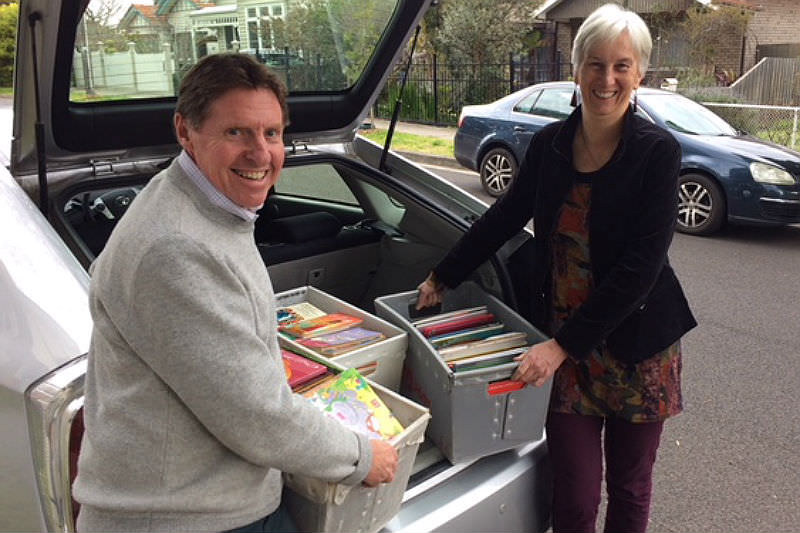Keywords: Melbourne College Of Divinity
-

RELIGION
- Bill Uren
- 14 February 2023
12 Comments
Is the Catholic Church risking the dilution of its apostolic tradition with the upcoming Synod on Synodality? This is the concern raised by Cardinal George Pell in his recent article published posthumously in The Spectator. Despite his criticisms of Pope Francis and the Synod, his warning on the potential consequences of diluting the apostolic tradition are worth consideration.
READ MORE
-

AUSTRALIA
- Kerrie Handasyde
- 03 May 2022
7 Comments
Mother’s Day was a religious event, as was the older English tradition of Mothering Sunday in which worshippers returned home to their ‘mother church’. But as this new celebration of Mother’s Day spread around the English-speaking world, it preserved in public and private ritual a particular idea of womanhood. It asserted that true womanhood was motherly.
READ MORE 
-

RELIGION
- Bill Uren
- 05 October 2021
15 Comments
As a result of the pandemic, like other religious observances, the availability of the Sacrament of Penance has been drastically curtailed, and it is unlikely that recourse to the sacrament will be as frequent as previously even when the restrictions are lifted. Further, the confidence of the laity in the inviolability of the seal has, understandably, been undermined, a consequence of which may again be that recourse to the sacrament will be in decline.
READ MORE 
-

RELIGION
One might submit that a Plenary Council is a cumbersome instrument to ascertain the genuinely representative views of the Catholic Church in Australia. Many of the canonical strictures regarding the membership, agenda and process of the Council will dampen the original enthusiasm for the Council that provoked over 17,500 submissions.
READ MORE 
-

RELIGION
- Bill Uren
- 15 September 2020
250 Comments
Whereas the Vatican II document sought to engage with, and to respect, the autonomy of the modern world and its science, only too many of the Vatican’s official statements over the past fifty years have effectively resiled from that commitment.
READ MORE 
-

RELIGION
- Julie Perrin
- 17 April 2019
14 Comments
At Adelaide Writer's Week, George Megalogenis asked Leigh Sales who had surprised her most in the research for her book Any Ordinary Day. She replied: 'Steve Sinn, the priest. I'm not religious and I felt like we were going to have nothing in common and his way of looking at the world wouldn't make sense to me.' How wrong she was.
READ MORE 
-

ARTS AND CULTURE
- Julie Perrin
- 19 March 2019
7 Comments
A small commotion at the doorway of the store catches my attention. A man in a pork-pie hat marches across the threshold. He carries a small back pack and steps with an uneven gait. He has a sure message, calling out a gamely, 'Good morning! Good morning everyone!' He looks about with purpose. Initially no one replies.
READ MORE 
-

ARTS AND CULTURE
- Julie Perrin
- 02 November 2018
14 Comments
Padraig leads the Corrymeela community in the north of Ireland. It is a place committed to healing the social, religious and political divisions that exist in Northern Ireland. Corrymeela is an ancient Irish word. Padraig says they understood it meant 'hill of harmony' but recently they've discovered it is more like 'the lumpy crossing place'.
READ MORE 
-

ENVIRONMENT
- Julie Perrin
- 30 April 2018
20 Comments
The bushland forms part of the scant wild space remaining in coastland eroded by development. I speak my husband's name. 'Look,' I whisper. The bright green bird lies still in the late afternoon light, showing no signs of life. But the rosella is scrambling. No obvious cause of injury is visible.
READ MORE 
-

ARTS AND CULTURE
- Julie Perrin
- 03 April 2018
7 Comments
Jill Allan wants to see good stories in circulation. As she holds a book in her hands she asks herself, 'Would a child want this?' She's been a children's librarian for years, she's read the research. The number of books in the home is a crucial factor influencing language and literacy outcomes.
READ MORE 
-

RELIGION
- Julie Perrin
- 25 September 2017
23 Comments
Several years into my time as school chaplain, a journalist asked for my opinion in relation to the taboos long held by Christians regarding homosexuality. I knew my views would be regarded as a betrayal by some of the parents and I put a call through to the gentle-fierce man. I did not want to unravel the remarkable friendship we had built, but neither did I want to remain silent on this issue. When I explained the dilemma, he said something I have never forgotten.
READ MORE 
-

RELIGION
- Frank Brennan
- 27 November 2015
2 Comments
'The crisis of child sexual abuse in our societies has required that our institutional procedures be more transparent and that we learn from the ways of the world in exercising power openly and justly. This means we have to restructure some of our church arrangements so that power is exercised accountably and transparently. All of us who have positions of influence and power in institutional churches need to be attentive to the voices of those who have suffered within our institutions.' 'Discerning the place for the prophetic voice and pragmatic cooperation of the churches in the great moral questions of the age', address to the Association of Practical Theology in Oceania conference, 26 November 2015.
READ MORE